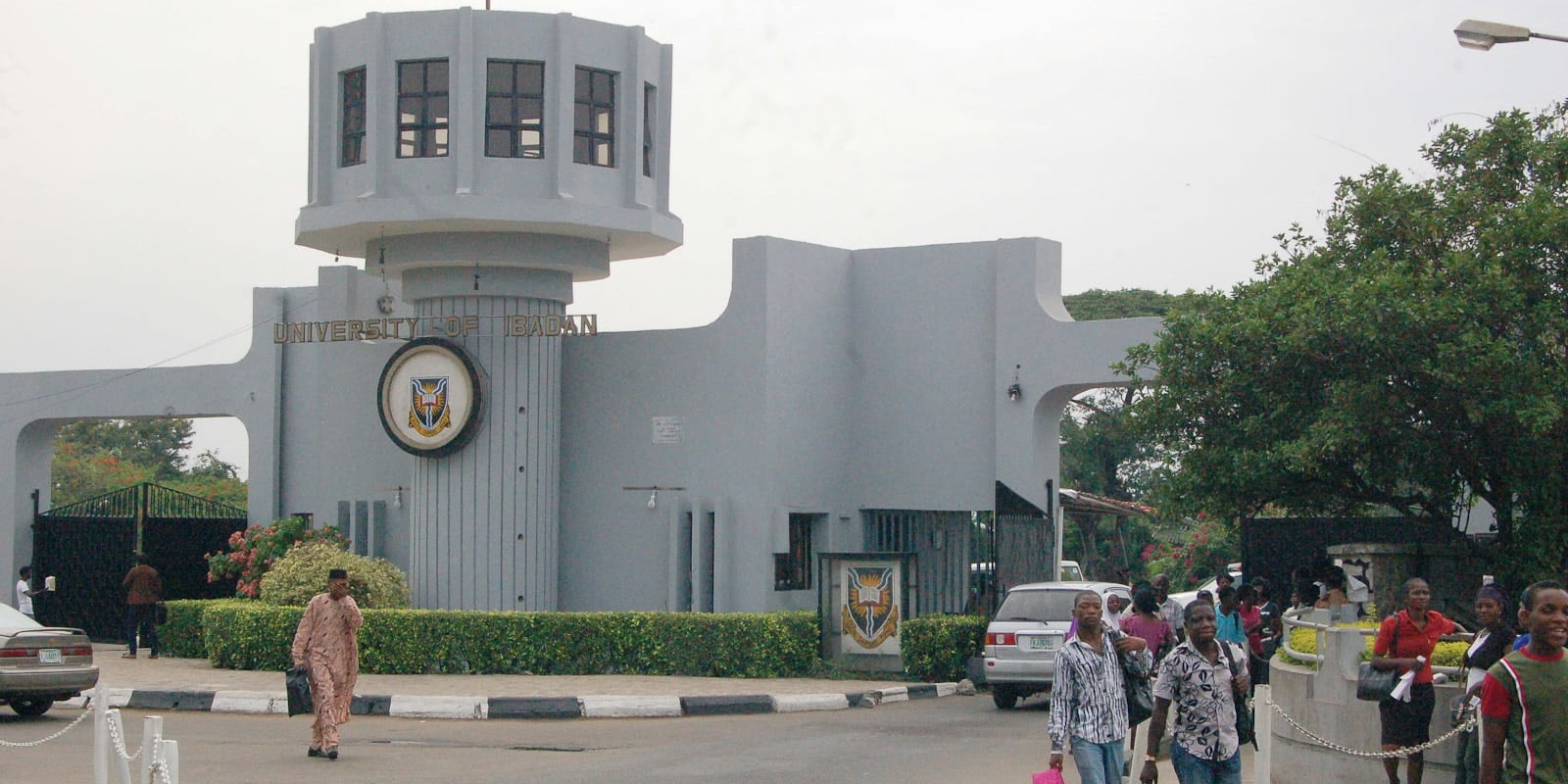University of Ibadan in Collaboration with a Team of Experts from Universities in Argentina
UI, in collaboration with a team of experts from universities in Argentina
A team of experts has been at the University of Ibadan for two weeks to teach short postgraduate courses in the Pan African University Life and Earth Sciences Institute (including Health and Agriculture) (PAULESI).
The Vice-Chancellor, University of Ibadan, Professor Kayode O. Adebowale, mni, FAS, expressed the delight of the University Management in receiving the team and commended its initiative of putting resources to focus on agriculture, a significant developmental challenge for Nigeria.
He highlighted the critical role of science, technology, and innovation in transforming Nigerian agriculture, noting that although 80% to 85% of Nigerians are engaged in agriculture, the lack of technological input has hindered the sector's ability to export goods effectively.
He lamented that the absence of value-added agriculture and a poor extension system have rendered much of the research output irrelevant.
Prof. Adebowale encouraged the youths to consider agriculture as a business, emphasizing that such a shift would not only feed the nation but also boost Nigeria's economy.
He also advocated the adoption of innovations, new breeding systems, and modern agricultural practices to enhance productivity.
Professor Adebowale stated that youth involvement in agriculture aligns with one of PAULESI's core visions, which is to integrate research more deeply into agriculture as a solution to the sector's challenges.
He then reiterated the university's ambition to transition into a postgraduate institution focused on cutting-edge research, aligning with the African Union Commission's vision to develop a critical mass of researchers capable of addressing Africa's developmental issues.
The Vice-Chancellor extended an invitation to the visiting scholars to establish a formal collaboration with the University of Ibadan, aimed at capacity building and securing grants to support these initiatives, potentially leading to a Memorandum of Understanding or a Memorandum of Action.
The team leader, Lic. Clara Cerrotta thanked the University Management and PAULESI for their support during the two-week training period.
She confirmed that a concrete collaboration process had been established, which would continue into the future.
Lic. Cerrotta explained that their visit was part of a South collaboration programme, which is expected to be beneficial to both the Argentinian team and African universities.
She also appreciated the efforts of her team and the Argentinian universities in designing the three courses, expressing the hope that the participants found the training valuable, thus marking the first step in an ongoing educational collaboration.
The team, which consisted of researchers and lecturers from three Argentinian universities, included Prof. Daniel Anaya, Prof. Lina Merino and Prof. Natalia Pin Viso from the National University of Nurlingham; Prof. Angel Paritvaci and Mr. Agustin Sola from the National University of the Northwest of the Province of Buenos Aires; and Prof. Lvis Blacha from the National University of Quilmes.
The visit was an agreement between Argentina and Nigeria for the purpose of education.
The courses taught were:
■ Food Sovereignty, Agri-food for Social Inclusion, and Value Addition
■ Risk Management for Agriculture in a Climate Change Context
■ Pig Production: Basic Knowledge and Application.
Participants of the three short courses (hybrid) included students of PAULESI, University of Ibadan; students, and researchers from research institutes within Ibadan (Nigerian Institute of Social and Economic Research (NISER); Institute of Agricultural Research and Training (IAR&T); and the National Institute for Horticultural Research and Training (NIHORT). Participants from other African countries joined online.

